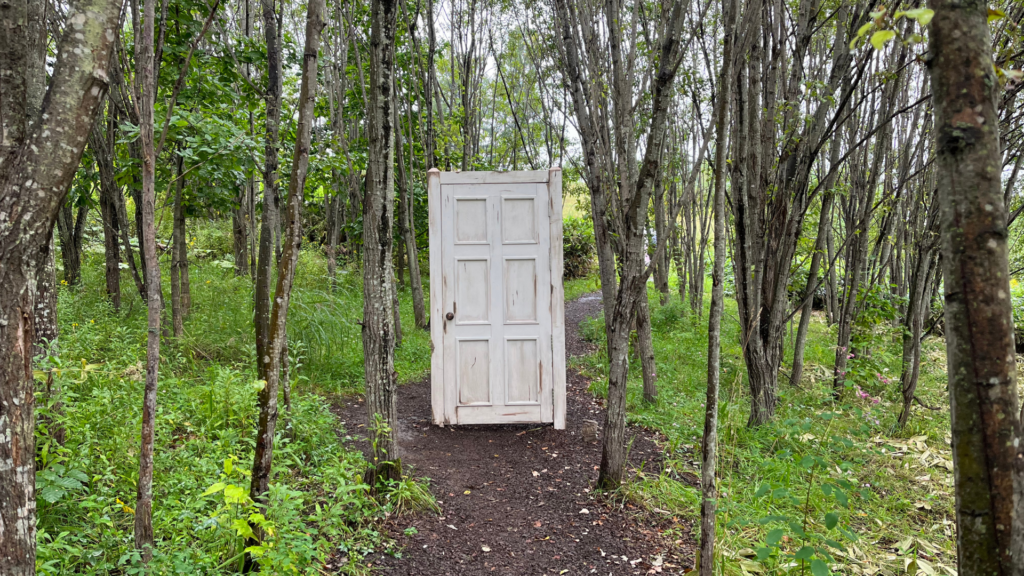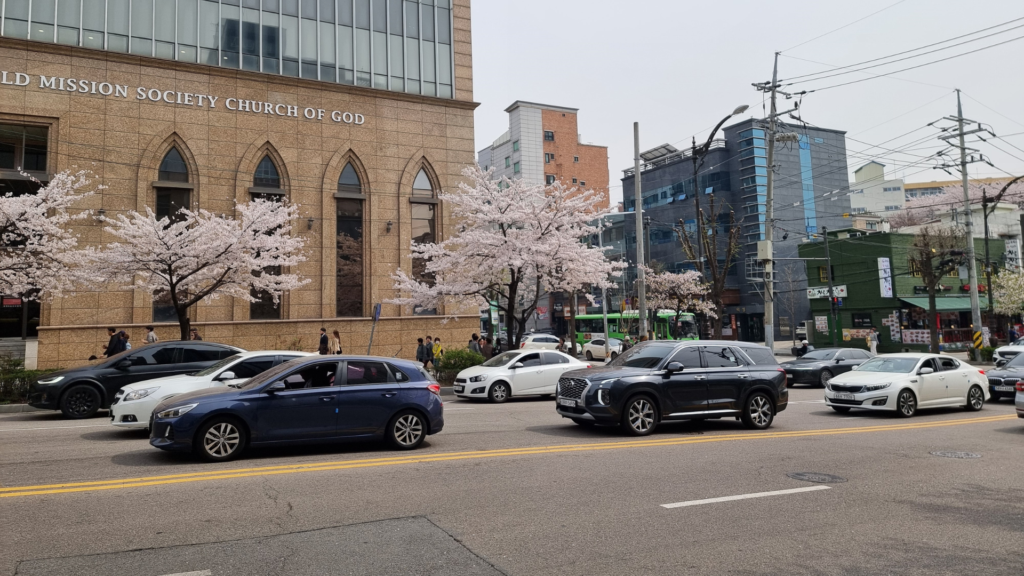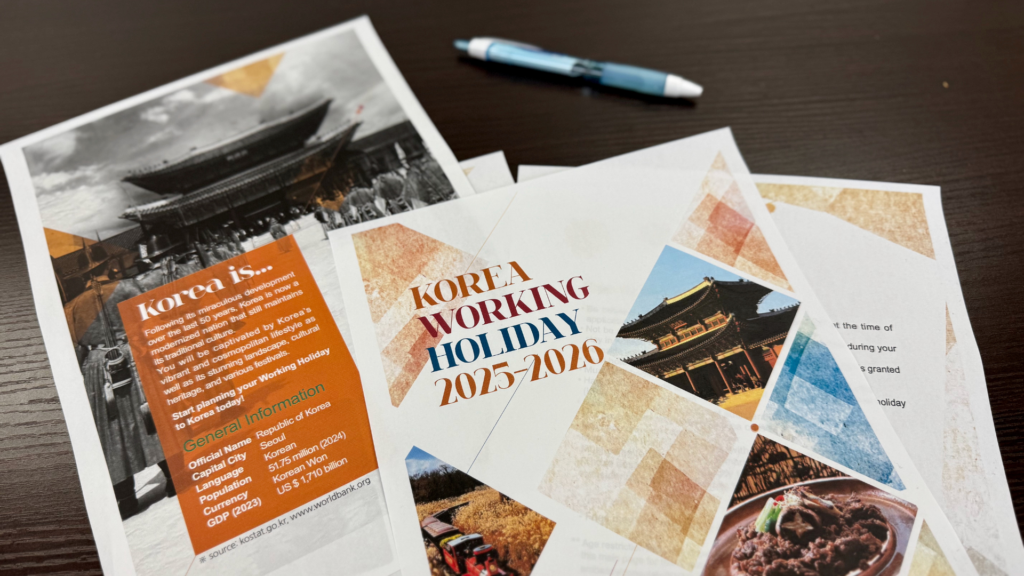As we know, Korean society is very hierarchical, and this mentality is also reflected in the language. In addition to the normal difference between formal and informal language, there is also a third register of language in Korean: the Korean honorific language, called Nopimmal (높인말). “Nopimmal” literally means “high tongue” (from nopda, 높다, to be high, and mal, 말, tongue) and is used in all those situations where it is necessary to show respect towards a superior.
In this article, let’s see how to use the Korean honorific language and what its particularities are.
1. The particles of the Korean honorific language
Nopimmal, or the Korean honorific language, consists mainly of particles that can be used to address someone in a more polite tone or to talk about someone who is not present and to whom you pay respect. In fact, the idea of respect is so important that it feels necessary to show it even when the person concerned is not present.
There are two types of nopimmal particles. There are verb-internal particles (shi, 시, and se, 세), which are inserted between the root and the ending. There are also particles indicating complements, which differ from those used in other linguistic registers. For example, the particles indicating the topic and the subject are 은/는 and 이/가. In honorific language, these are replaced by 께서는 and 께서 respectively. So, if the subject of your sentence is someone you need to show respect towards, you will need to use the particles 께서는 or 께서 and then insert the particle 시 inside the verb. Let’s see an example:
엄마께서는 저녁을 만들어 주셨어요.
(ommakkeseoneun jeonyeogeul mandeureo jushyeosseoyo)
Mother made me dinner.
In this situation, the mother is not present, but they are talking about her and something she did. Since the speaker respects her, he demonstrates this in his language, using the nopimmal. He then uses the particle 께서는 and the particle 시 within the verb. The latter, by joining the conjugation ending (which would be 었어요, eosseoyo), varies slightly, turning the simple vowel into the diphthong ㅕ, yeo.
It is not only the particles of subject and theme that change in the Korean honorific language. Also, the term complement and the agent complement undergo a change, becoming both 께, kke, respectively instead of 에게 or 한테 and 에게서 or 한테서. Finally, the particle 도, do, which means “also”, changes, becoming 께서도.

2. The vocabulary of Korean honorific language
There are also many terms that vary if one is using honorary language. Although, fortunately, not all words include an honorific variant. Here are some of the most common examples:
- 집 -> 댁 (house)
- 먹다 -> 드시다 (eat)
- 자다 -> 주무시다 (sleep)
- 생일 -> 생신 (birthday)
- 나이 -> 연세 (age)
- 말하다 -> 말씀하시다 (talk)
- 있다 -> 계시다 (stay)
- 식사 -> 진지 (meal)
- 죽다 -> 돌아가시다 (die)
So if you’re talking about, say, your grandmother’s house, you wouldn’t normally use 집 (jip, the flat term for the house), but 댁 (daek). E.g. 할머니의 댁 (halmeonieui daek, grandmother’s house).
As you can see, there are some honorific variants of both nouns and verbs. As for verbs, the 시 particle is already included, so there is no need to include it again.

3. Honorific titles & suffixes of Korean honorific language
The honorific titles & suffixes in Korean honorific language are one of the most culturally rich and interesting aspects of the language. They help you show respect, indicate relationships, and express formality — all within just a few syllables. Let’s dive into the most common and useful ones, with easy examples and when to use them.
님 (nim) is the most respectful suffix, formally used to express deep respect toward someone of higher status or in formal settings. It is often added to job titles, professions, and names. Here are some examples:
- 선생님 (seonsaengnim) – teacher
- 의사님 (uisanim) – doctor
- 팀장님 (timjang-nim) – team leader
- 김민수 님 (Kim Minsu-nim) – Mr./Ms. Kim Minsu (formal)
씨 (ssi) is the most commonly used honorific for everyday politeness. Usually used with first names or full names but never with last names alone. Perfect for work, acquaintances, or strangers around your age.
- 지훈 씨 (Jihoon ssi)
- 박유나 씨 (Park Yuna ssi)
군 / 양 (gun / yang) is not used much in daily conversation but is often seen in speeches, awards, and news. It is considered traditional and formal.
- 군 (gun): for younger males, 이정민 군 (Lee Jungmin-gun)
- 양 (yang): for younger females, 한수빈 양 (Han Soobin-yang)
4. With whom to use the Korean honorific language
As we said, nopimmal is used when it is necessary to show respect to a superior. This can be not only a superior person at work but also simply someone older than us, especially if it is a family member. This is not to say that you cannot use the informal register, for example, with a parent, with whom you theoretically have a more intimate relationship. However, at least when talking about this person to someone else, you should express your respect by using honorary language.
As you can see, the Korean honorific language is very particular, especially as it is peculiar to the Korean language. However, its use is not complicated; you simply have to remember to use it when you want to express more respect to someone.
For more information on the Korean language and culture, keep following the Go! Go! Hanguk blog and don’t hesitate to contact us about living and studying in Korea.
Want to start learning the Korean alphabet? Hit play on our reel and discover how Hangul Quest makes it easy and fun! Or, if you would like to study Korean online, we recommend our Korean online courses in partnership with Hanyang and Dongguk University. Information and prices can be found on the courses page.















